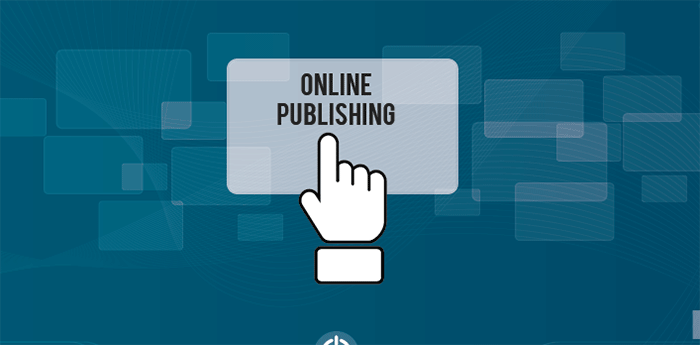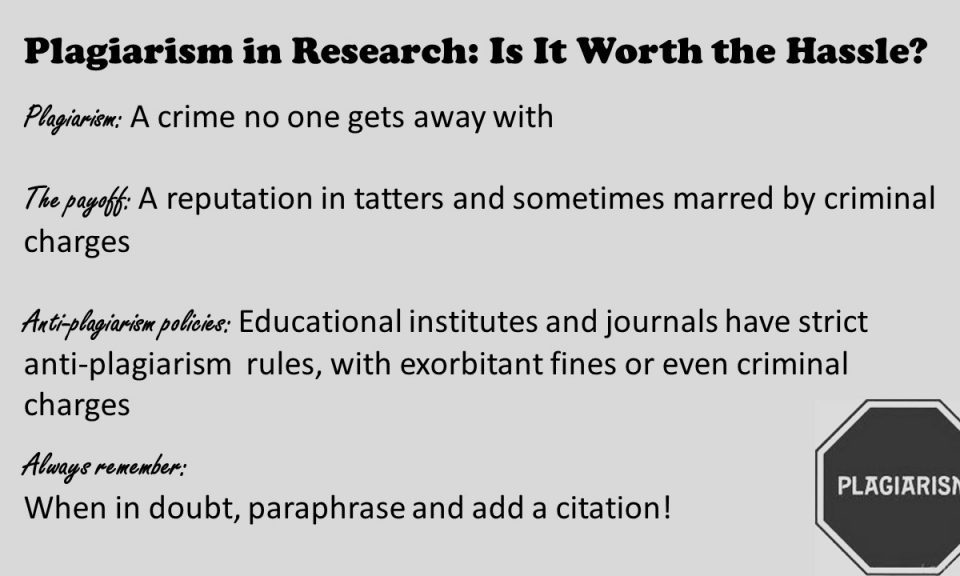- Get in Touch
- +91-9987594481
- cs@editingindia.com
15 STRATEGIES TO BOOST YOUR CITATIONS!!

4 READING HABITS YOU MUST BREAK TO READ FAST
September 27, 2020
CRITIQUING TOOLS FOR REVIEWING THE QUALITY OF A PAPER
September 27, 2020An academic career does not depend on any factor as much as it does on the amount of publications you have. An extra publication than your colleagues may be like an extra gold star in your resume, and it might get you a job easily, a promotion quickly, or tenure compared to your contemporaries. Hence, it is essential that you extinguish every option available so that your academic resume is far more impressive than your competitor’s.
Your citations, if allowed, can carve out a very comfortable and impressive niche for you in academics. Being known for your publications in your field will definitely help you succeed in your profession. It will also improve your network and broaden your scope of research. Grants and trusts, too, are more willing to invest in a project of a well-published and renowned researcher. The perks of being a well-published and frequently cited author have no ends. Therefore, here are a few strategies to boost your citations.
- Publish abundant work: The saying “publish or perish” still holds true in the field of academics; therefore, publish as many articles as you can. If you have just finished writing you postgraduation or PhD thesis, then convert it into a research article and ensure that you publish it.
- Double publication: If you have presented a paper in a conference, then publish it as a journal article. Your paper has a better chance of being cited if you reach a bigger audience.
- Cite your own (relevant) data: Citing your previous work in your current paper improves your citations and educates your audience about your previous academic endeavours. However, use your own citations appropriately and avoid citing irrelevant work just to promote it.
- Use a single name throughout your academic career: This is a factor most academics ignore. Using one name for publishing your research helps you to receive credit for all your work, and keeps the audience’s awareness focussed regarding your work.
- Use standardized information in your author’s affiliation section: Mention full, complete, and accurate information in the author’s affiliation section. This makes you easily accessible to any author who wishes to cite your previous work but has a few queries regarding it.
- Select your keywords and title carefully: Your articles are indexed online using your keywords and your title (sometimes your abstract). Therefore, to improve your visibility in order to improve your chances of being cited depends largely on them. Research the most searched keywords in your field when you are drafting these two sections.
- Publish your data sets: Publishing your datasets using Datacite or similar organizations is not only a good practice but also adds to the list of things you can collect citations from. It positively helps you strengthen your research profile.
- Publish in a high impact journal: Choose the highest-ranked journal possible from your field, because most researchers rely on material in high-impact journals when using it for their own work.
- Choose a journal with a short review cycle: When selecting a journal, it is always recommended that you pick a journal with a short review cycle. If your target journal has a review process of a year, then chances are that your data will be comparatively stale, which make your chances of citations slightly grim.
- Opt for online pre-prints: Many journals now facilitate a quicker availability of your research by posting an online pre-print while the review process continues. And, quicker availability of your material means better are your chances of being cited.
- Self-archive your paper online: Free online availability ensures better citations; therefore, make several copies of your paper available online for your audience.
- Use an open access repository: Open access repositories are publicly accessible sites, which provide a free version of the finalized text, tables, and images from the individuals affiliated with the site (university or group of universities). However, check with the journal reviewing your paper before you make it available on these sites.
- Publish a review: Reviews are considered to be one of the highest quality of research; therefore, they are cited the most. If you have already reviewed a lot of material for your paper, then publish a review as well.
- Cite your colleagues: The more you cite your colleagues, particularly their papers with contradictory findings as yours, the better are the chances of them citing your work.
- Use social media to promote you work: A researcher today has a buffet of social media programs to harp on about their work. Use Facebook, Twitter, Google+, and what have you to let everyone know what you are working on. As I say, “Familiarity breeds citations!”




